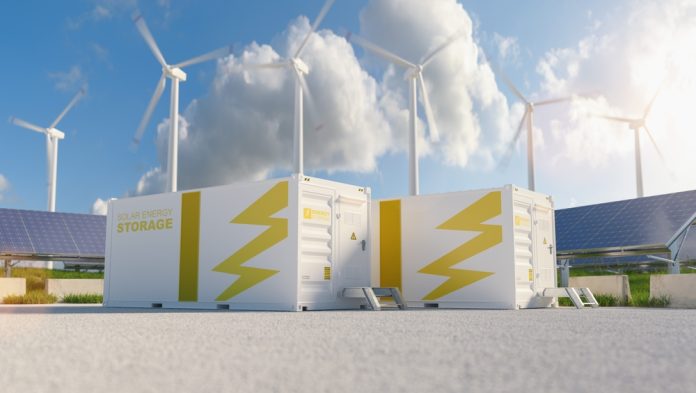Bavaria is set to become a global hub for groundbreaking energy research by establishing the SolBat Center, a pioneering facility dedicated to advancing solar batteries and optoionics.
Supported by the Bavarian Ministry of Economic Affairs, the initiative is a collaboration between the Technical University of Munich (TUM) and the Max Planck Society (MPG). This cutting-edge centre aims to revolutionise energy storage by exploring new ways to harness and store solar energy more efficiently and flexibly.
In a major show of support, Bavaria’s Minister of Economic Affairs Hubert Aiwanger announced that the Free State of Bavaria is funding the SolBat Center with up to €8m.
Aiwanger commented: “Today, we are facing unprecedented challenges in the areas of energy and sustainability. To develop new energy solutions, modern materials are just as important as new concepts for energy conversion and storage.
“I am convinced that the SolBat initiative will make a strong contribution to finding solutions for the massively increased energy storage requirements of the future.
“With our financial support for infrastructure measures at TUM’s Garching campus, we are helping to position Bavaria at the forefront of innovation in solar energy storage.”
Solar batteries: The next frontier in energy storage
At the heart of the SolBat Center’s mission lies the study of solar batteries, an emerging technology with immense potential.
Unlike traditional setups where solar cells generate electricity and batteries store it, solar batteries combine both functions into a single, integrated component.
These systems chemically store sunlight as electrochemical energy without converting it into electricity first, significantly improving efficiency.
Solar batteries hold promise for mitigating fluctuations in solar power caused by weather or daily cycles.
By enhancing the ion movement within materials, this technology not only stabilises energy output but also improves the overall efficiency of renewable energy systems.
Inside a solar battery
Solar batteries operate by integrating solar cells with battery components. When sunlight hits the device, photons excite electrons in the light-absorbing layer, triggering electrochemical reactions.
In this process, ions – such as lithium or oxygen – move within the battery material, storing energy.
The innovative aspect of solar batteries lies in their ability to use light to control both electron excitation and ion movement simultaneously.
This dual functionality minimises energy loss compared to conventional systems, where separate devices handle generation and storage. The light also accelerates ion movement within the solid-state material, improving charging and discharging speeds.
When the energy stored in the battery is needed, the process reverses: ions return to their original state, releasing the stored energy as electricity.
This seamless integration of light absorption and storage offers a compact, efficient solution for energy needs, particularly in off-grid applications.
Optoionics: Unlocking new possibilities
The research focus at the SolBat Center extends beyond solar batteries to include optoionics, a field that bridges optoelectronics and solid-state ionics.
Optoionics explores how light can control ion behaviour, opening doors to innovative applications in energy storage, photocatalysis, sensor technology, and even artificial intelligence (AI).
This interdisciplinary approach leverages AI-driven simulations and experimental research to design materials and processes that optimise energy storage systems.
By combining expertise from multiple scientific fields, the centre aims to create highly integrated solar-powered devices that are efficient, reliable, and adaptable.
Jennifer Rupp, holder of the Chair of Solid State Electrochemistry at TUM and Fellow at the Fritz Haber Institute of the Max Planck Society, added: “The fusion of solar and battery technologies will open up a new dimension for the future of sustainable energy supply.
“The concept of our globally unique centre is based on the close integration of basic research and technology development. We see this as an opportunity to make energy systems significantly more compact and efficient.”
A global leader in sustainable energy
Led by esteemed scientists from TUM and MPG, the SolBat Center represents a unique innovation platform.
The collaboration emphasises a holistic approach, addressing the entire value chain from basic research to practical application.
Bavaria’s investment in solar battery technology reflects a commitment to advancing renewable energy solutions and solidifying its position as a leader in the global energy transition.
With solar batteries and optoionics at its core, the SolBat Center could transform how the world captures, stores, and utilises solar energy, paving the way for a cleaner, more sustainable future.









